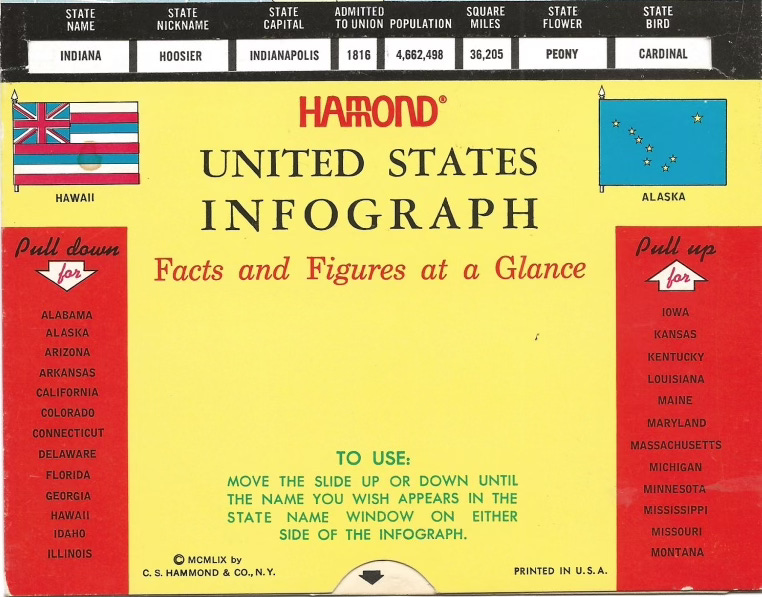Color exploded as never before
Five fragments for the week of July 14, 2025

Hello from the middle of July. I’m Diana Kimball Berlin, a bookworm turned product manager turned VC turned product manager here in San Francisco. Six weeks ago, I joined Gamma, where I lead the core product team.
Here are five fragments that stuck with me from my reading and research last week…
I have noticed this creator bias effect myself where when I “co-create” content w Claude or something by talking to it I identify with it & am like “oh wow so deep” and send it to people but literally anytime sends me something that’s their version of this I have so much trouble reading it.
– Sam Whitmore on X, July 13, 2025. Feeling understood never gets old, but reading the residue of other people feeling understood does.
Although relay calculators were quieter and faster than arithmometers, comptometers, and the like, they were still mechanical devices at heart. Each button pressed required hundreds of relays to operate in perfect harmony, their switches free of obstruction and their contacts clean. A single relay clogged by dust or dirt could lead to an erroneous result—and worse, if the calculator were to be knocked or jostled sometime later, and that speck of dirt dislodged, the same operation would then work perfectly with no indication that anything had ever gone wrong.
– Keith Houston, Empire of the Sum: The Rise and Reign of the Pocket Calculator, August 2023. Brings to mind LLM hallucinations. Found this book while looking into the history of Casio after becoming enchanted with (and barely talking myself out of) this ring watch. And! Houston’s latest book, coincidentally published just this month, is a “a natural history of emoji.”
Color exploded as never before, in photographs and infographs, a once obscure word now commonly used, describing a variety of maps, graphs and animated drawings.
– Alan Moyer, “Report to Our Readers,” The Arizona Republic, January 6, 1985. Quoted in “infographic (and infograph),” a long 2021 blog post by retired librarian Ken Liss. I found Ken’s About page quite heartwarming: “I told students I describe my own method of research as ‘directed stumbling,’ and I do plenty of that on many different topics, often leading me in unexpected directions.”
it surprises me how much of the conversation about AI and developer velocity is focused on speed (writing code faster, shipping faster.)
imo the more transformative shift is scope. in the same amount of time it used to take to solve a straightforward problem, you can now solve something 10x more complex.
if you look at the work as arbitrary work units, you’re moving incrementally faster. but if you look at the ambition of the work, you’re moving orders of magnitude faster
– Hilary Gridley on X, July 11, 2025. Welp, I made it all of three weeks without sharing a Hilary highlight. Can’t keep me away!
We ended up deciding: what the heck, we might as well meet the market demand. So we put together a bespoke ASCII tab importer (which was near the bottom of my “Software I expected to write in 2025” list). And we changed the UI copy in our scanning system to tell people about that feature.
To my knowledge, this is the first case of a company developing a feature because ChatGPT is incorrectly telling people it exists.
– Adrian Holovaty, “Adding a feature because ChatGPT incorrectly thinks it exists,” July 7, 2025. Encountered thanks to @deepfates. At the end, Adrian shares his mixed feelings about the whole thing: “I’m happy to add a tool that helps people. But I feel like our hand was forced in a weird way. Should we really be developing features in response to misinformation?” Strong sci-fi short story potential.
Until next time,
Diana
https://dianaberlin.com


